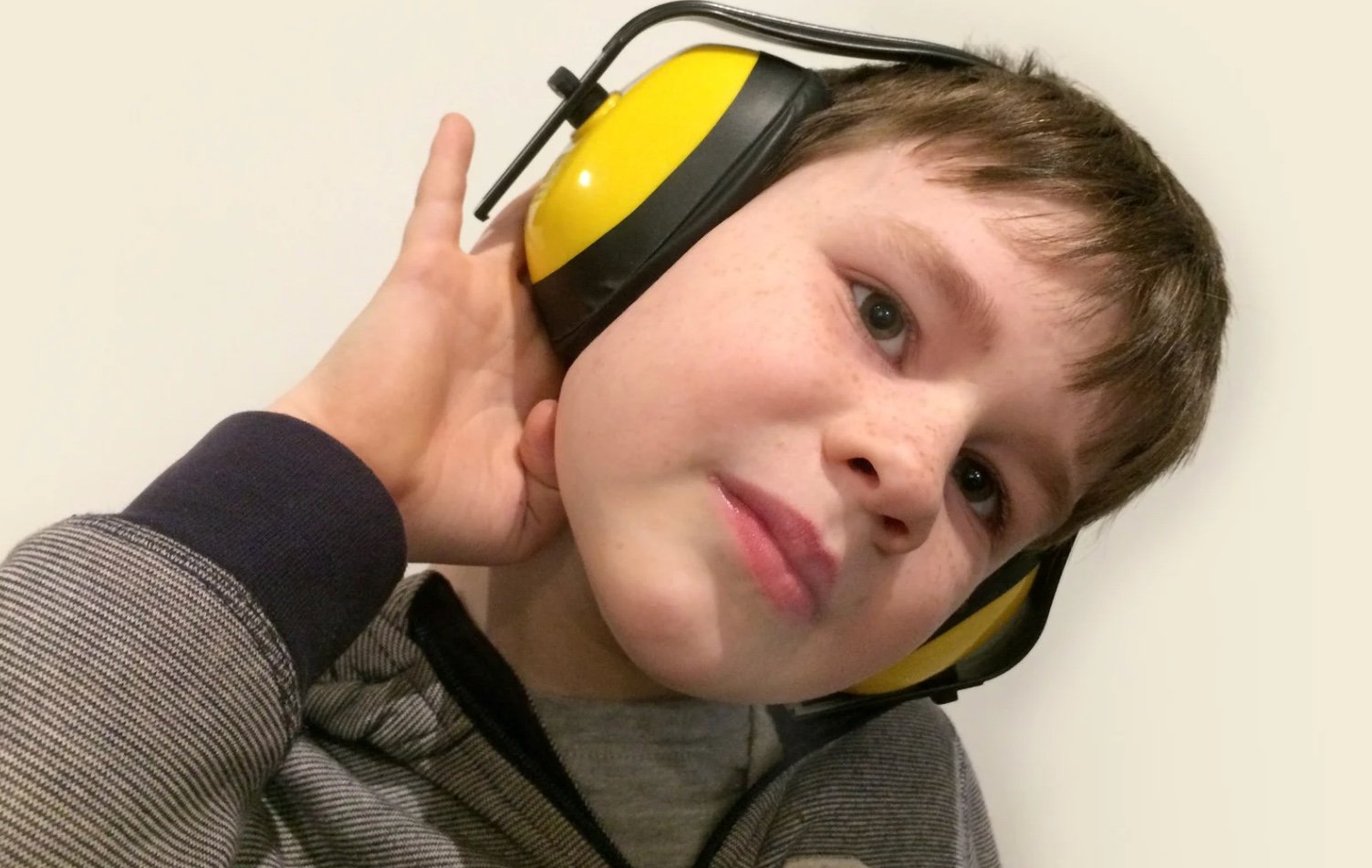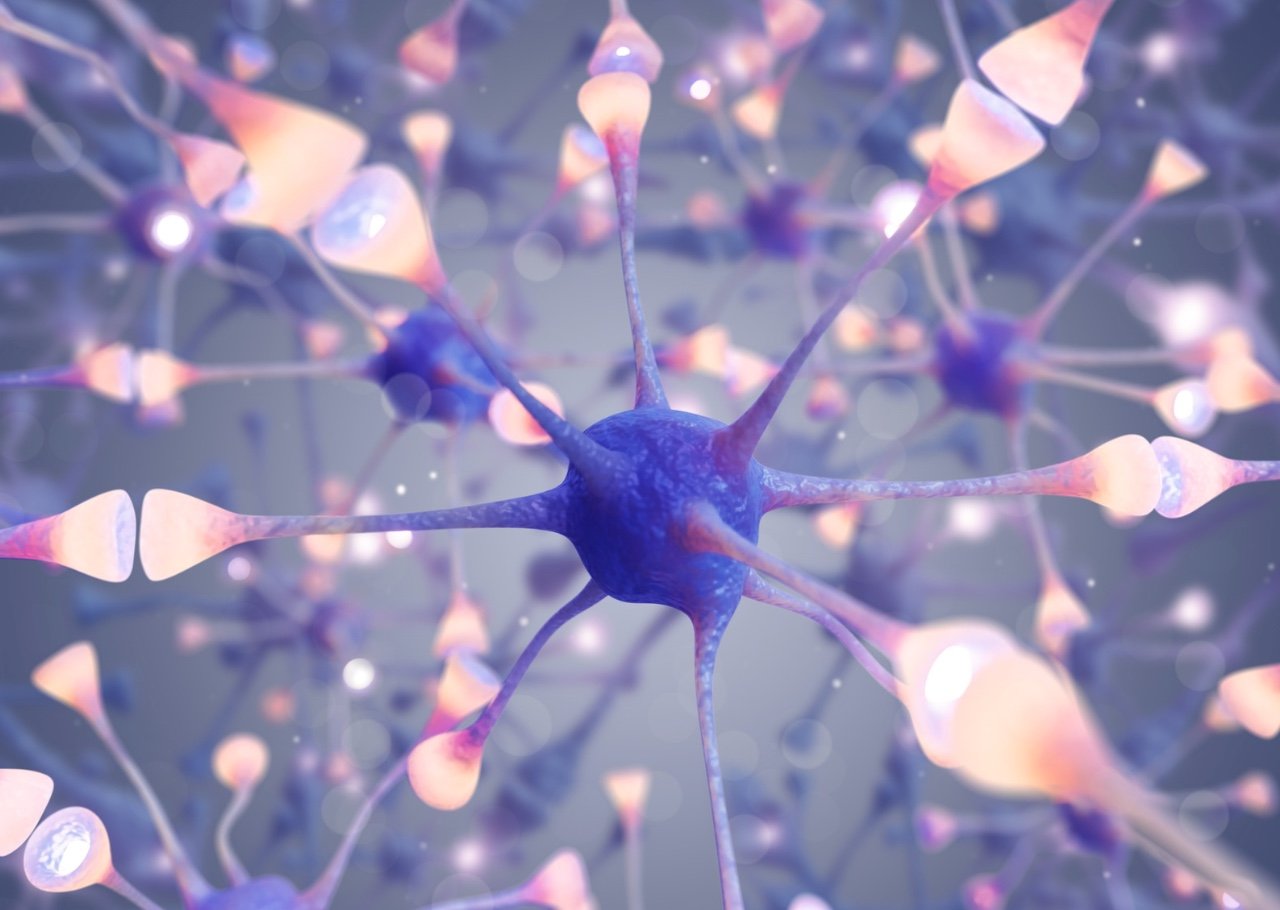
Why So Many Autistic Girls Are Missed — and How We Can Help Them Thrive
we meet many families who say, “We always knew something was different — but it took years for anyone to listen.”
This is an all-too-common story for autistic girls.
Why Autistic girls are often missed
Autistic girls are just as likely to exist as autistic boys — but they’re diagnosed much later on average. That’s because the “typical” picture of autism was built around boys. The result? Many girls fly under the radar for years.

Supporting Autistic Children Through Meltdowns: A Practical, Trauma-Informed Approach
Meltdowns in autistic children are not behavioural problems—they’re neurological responses to overwhelm. This blog explores how parents and caregivers can support children using the NEST approach, a trauma-informed and neurodiversity-affirming framework used by occupational therapists to promote safety, emotional regulation, and long-term wellbeing.

Understanding Echolalia: What It Is, Why It Happens, and How Speech Pathologists Can Help
Echolalia is a common and meaningful part of language development in many children, particularly those who are autistic or neurodivergent. Understanding its function and supporting children in ways that are respectful, evidence-informed, and family-centred can help promote strong, functional communication.

Why Does My Child Get Overwhelmed by Small Changes?
Some children, especially those with autism or ADHD, experience heightened sensitivity to change due to differences in brain development, particularly in a process called synaptic pruning. Typically, the brain refines its neural connections over time, removing unnecessary ones to improve efficiency, but in neurodivergent children, this process may be less active, leading to an overload of sensory information. As a result, minor changes in routine can feel overwhelming, triggering strong emotional responses like meltdowns or rigidity. Understanding these neurological differences allows parents and educators to approach children’s reactions with empathy and implement supportive strategies, such as structured routines and predictable environments, to help them feel more secure.

What is Gestalt Language Processing?
Language acquisition is how children learn and use new words. There are two main types: analytic and gestalt. Analytic language processing starts with single words and builds up to phrases and sentences, whereas gestalt tends to do the opposite. If you’re wondering why your child’s language is delayed or not following the typical norms, gestalt language processing may well be the reason why.

Autism and Gestalt Language Processing: Understanding How Autistic Children See the Big Picture
In the world of language, everyone has their own way of putting words together like pieces of a puzzle. For some kids, especially those with autism, they have a special way of processing language called "Gestalt language processing." Let's dive into what this means and how it's often like a superpower for many autistic children.
